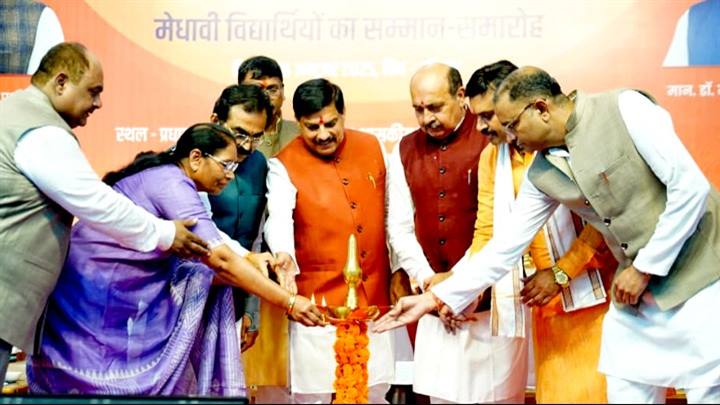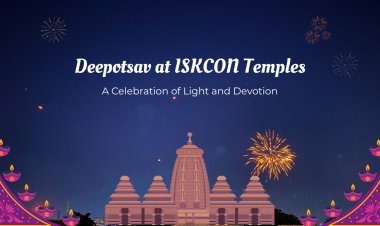Gyanvapi Cases: The Allahabad High Court finds that Hindus seeking temples are not prohibited by the Places of Worship Act, dealing a blow to the Muslim side.
Gyanvapi Cases: In setback to Muslim side, Allahabad HC rules Hindus seeking temple not barred by Places of Worship Act

The Allahabad High Court dismissed the objections raised by the Masjid Committee on Tuesday, ruling that civil suits brought by Hindu devotees and deities, among others, seeking the restoration of a temple at the Gyanvapi Mosque premises are not forbidden by the Places of Worship Act.
The Muslim side challenging the issue has suffered a significant blow as a result of the Allahabad High Court's decision. In addition, the Varanasi court was instructed by the Allahabad High Court to wrap up the case's hearing in six months.
“In the Kashi Vishwanath-Gyanvapi land title dispute cases, the Allahabad High Court today upheld that a batch of petitions including a plea challenging a 1991 civil suit filed by Hindu worshippers seeking the right to worship in the Gyanvapi mosque and a petition against the Varanasi Court’s ASI survey order of 2021 are not barred….”
The three petitions were related to the maintainability of the case filed in the Varanasi court in 1991, while the remaining two applications were filed against the survey order of ASI.
In the case filed in Varanasi court in 1991 on behalf of the litigation friends of Lord Adi Vishweshwar Virama, there was a demand to hand over the disputed premises to Hindus and to allow worship there.
In the year 1991, cases were filed in Varanasi court on behalf of Somnath Vyas, Ramnarayan Sharma and Harihar Pandey.
The Muslim side argued that the Places of Worship Act of 1991 Adi Vishweshwar’s case cannot be heard under this, It was argued from the Hindu side that this dispute was before independence, and, the Places of Worship Act will not be applicable in the Gyanvapi dispute.






















